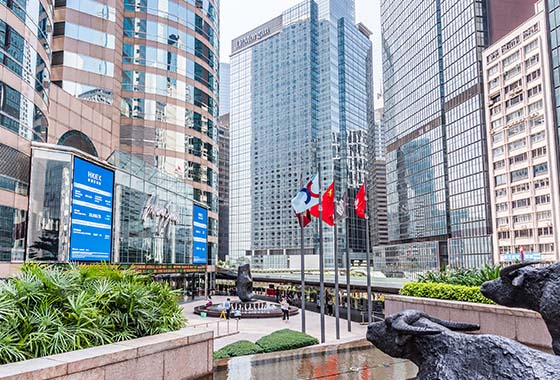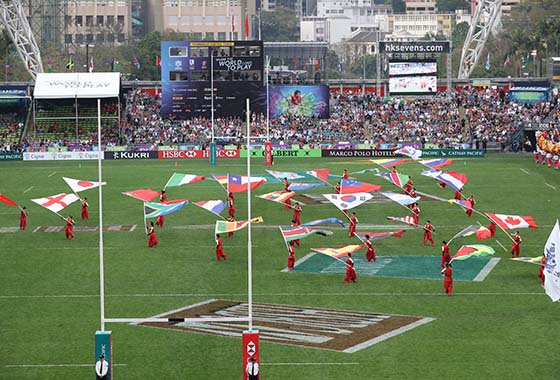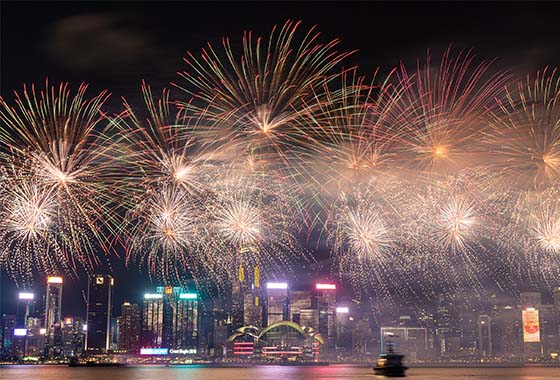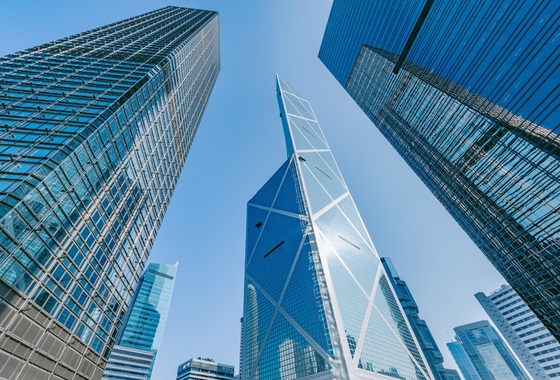Hong Kong can deliver on mega events but government must step up
This article appeared originally in South China Morning Post on 27 Feb, 2024.
Authors: Ryan Ip, Vice President and Co-Head of Research, Jason Leung, Head of Land and Housing Research, Andy Wong, Alvin Chiu, Assistant Researcher at Our Hong Kong Foundation
The hiccups at some recent events, from the Wan Chai bazaar to the world rallycross race, are the result of a lack of coordination. A transformation of the government’s role is desperately needed
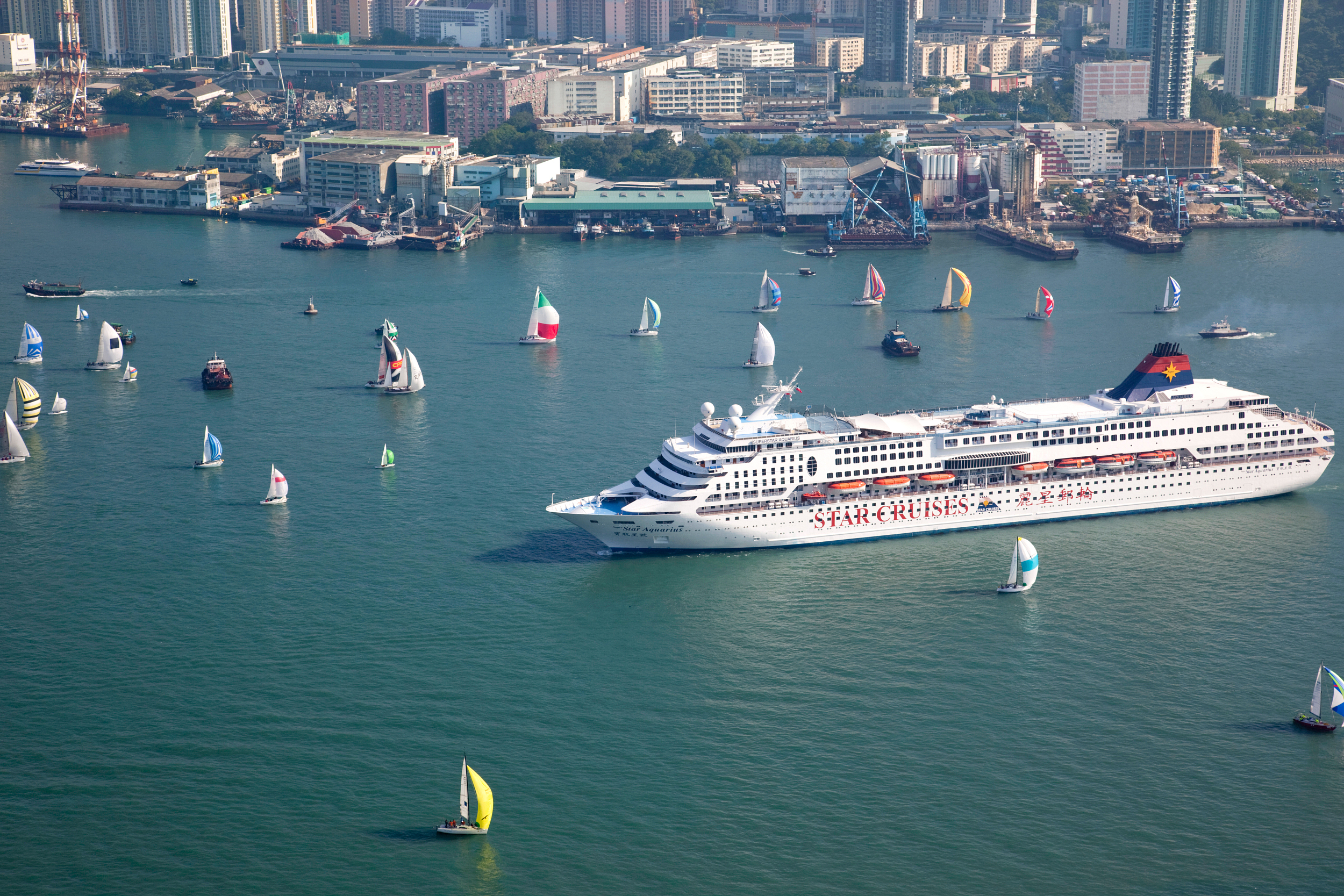
The FIA World Rallycross Championship last November reminded us that tight event schedules are an organiser’s nightmare. Given the impossible mission to build the street circuit within two weeks, when it usually took longer in other cities, the organiser faced construction delays that meant the 1.225km track could not be completed in time and had to be shortened.
Before that, with less than a month to organise the Wan Chai “waterfront carnival” of the “Night Vibes Hong Kong” campaign, the organiser faced initial power supply glitches that left some vendors struggling to serve hot dishes and others unable to accept electronic payments.
Why do we seem to be fighting short deadlines when organising major events? Granted, internationally acclaimed events and celebrities have difficult schedules but event organisers around the world still manage to pull it off. The reason for the city’s difficulties is a lack of coordination.
Organising a public event in Hong Kong is a laborious effort. Organisers must apply for a long list of temporary licences from various government departments and each licence can take weeks of back and forth. Equally difficult is securing a suitable venue. Major arenas like the Hong Kong Coliseum have to be booked a year in advance due to their popularity.
Having overcome the time-consuming approval process and the challenge of securing a suitable venue, event organisers often have little space left to compromise on their hard-won schedules – even when they turn out to clash with other events. Last November 12, three major sporting events took place in Hong Kong: on top of the FIA World Rallycross Championship, there were the Hong Kong Open golf tournament and New World Harbour Race. The Macau Grand Prix was also on.
When events clash, they are forced to compete for the same clientele, and often end up undercutting rather than complementing one another.
The government is aware of the lack of coordination and recently established an interdepartmental coordination group chaired by Deputy Financial Secretary Michael Wong Wai-lun to resolve any administrative gridlocks and pave the way for major events. It is hoped that this will expedite the application process.
More importantly, a transformation of the government’s role is needed to bolster the management and coordination of major events. Government officials and departments should not see themselves as mere regulators and law enforcers. They should also cultivate and facilitate major events, and foster their success.
We recommend a strategic approach to formulating the mega event calendar. Event organisers and government departments should have a mindset of coordination, working to ensure that events have enough lead time and complement each other.
With sufficient preparation time, businesses can organise complementary events to keep tourists entertained and motivated to spend. Events targeting a similar clientele can be scheduled on consecutive days to encourage tourists to experience a range of events and extend their stay in Hong Kong.
For instance, a major business conference can be followed by international sporting events, giving business elites added reason to extend a days-long business trip into a week of holiday or longer. Events can also be organised to coincide with major holidays in nearby regions.
Secondly, we can develop major events with a unique Hong Kong twist. While established international events such as sports car racing or superstar concerts practically guarantee successful turnouts, we should also showcase the city’s uniqueness.
We have inherited a wealth of cultural assets, with famous films such as Infernal Affairs, popular music and TV dramas featuring superstars like the late Leslie Cheung Kwok-wing. The government can be more proactive in helping the cultural and business sectors develop events with a unique cultural appeal, adding a cultural twist to the Hong Kong experience.
Thirdly, the government can leverage its promotion channels to boost major events. The omnichannel approach to promoting the district council election – with TV, radio and outdoor advertisements, as well as a series of public engagements – could be applied to major events to build anticipation and create a welcoming atmosphere.
The Tourism Board can also upgrade more of its overseas representative offices into worldwide offices. While the former merely provide basic inquiry services, the latter have full-fledged marketing functions that could be used to promote Hong Kong events. Priority should be given to emerging markets in Southeast Asia and the Middle East and their thriving middle class.
Finally, to encourage tourists to stay longer in Hong Kong, we recommend introducing “hotel plus event” ticket packages. Tourists are often deterred by the city’s high hotel prices during major holidays; bundling event tickets and hotel stays into attractive discounted packages would offer them better value.
Free tickets for travel on the MTR, buses and ferries, spread out over several days, could also be given out to tourists to encourage an extended stay. The longer we can keep tourists in Hong Kong, the more money they will spend in the city, boosting our retail, hotel and restaurant sectors, and thus the local economy.
Spectacular events cannot be organised at a whim. It takes careful planning and meticulous management to ensure the success of every event. Hong Kong is extremely fortunate to be hosting more than 80 mega events in the first half of this year alone, many of which other cities can only dream of hosting.
It is crucial that Hong Kong delivers. With improved event management and planning, Hong Kong can continue to host exceptional events that create lasting memories for both tourists and locals.
